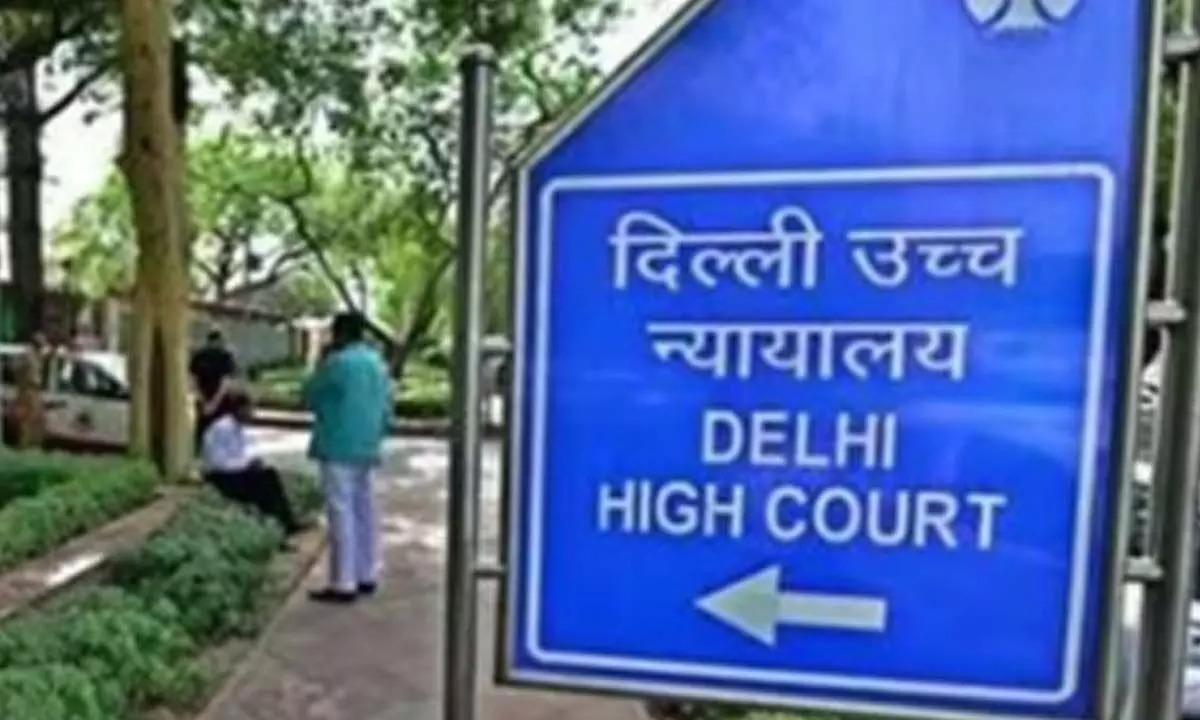
Delhi High Court Rules: Profits from Inflated Shares Are Proceeds of Crime Under PMLA
Court says fraudulent gains from stock manipulation fall under money laundering law
Ruling strengthens investor protection and accountability in financial markets
By Our Legal Reporter
New Delhi: November 08, 2025
Also Read: Delhi High Court Rules Algorithm-Based Inventions Not Patentable Under Indian Law
In a landmark judgment, the Delhi High Court has held that profits made from fraudulently inflating share prices qualify as proceeds of crime under the Prevention of Money Laundering Act (PMLA). The ruling is expected to have far-reaching consequences for India’s financial markets, where manipulation of stock prices has often left investors vulnerable.
The Court emphasized that fraudulent gains cannot be treated as legitimate income and must be investigated under money laundering laws. This decision strengthens the legal framework against white-collar crimes and sends a strong message to those attempting to exploit loopholes in the financial system.
Also Read: Supreme Court Calls for Blockchain in Land Registrations to End Property Purchase Troubles
Background of the Case
The case involved allegations that individuals and companies artificially inflated share prices to generate profits, which were later laundered through complex financial transactions.
- Prosecution View: The Enforcement Directorate (ED) argued that these profits should be treated as proceeds of crime under PMLA.
- Defense View: The accused claimed that share trading profits—even if inflated—were part of normal business activity.
- Court’s Finding: The Delhi High Court rejected this argument, ruling that fraudulent profits are not legitimate income but criminal proceeds.
Also Read: Profits from Inflated Shares Are Proceeds of Crime Under PMLA
Key Observations by the Delhi High Court
- Fraudulent Gains = Proceeds of Crime: Any profit earned through manipulation of share prices qualifies as criminal proceeds under PMLA.
- Investor Protection: Protecting investors from fraudulent practices is essential for maintaining trust in financial markets.
- No Shield for Manipulators: Fraudsters cannot hide behind “business activity” excuses when fraud is involved.
- Stronger Enforcement: The ruling empowers agencies like the ED to act more decisively against market manipulators.
Also Read: Legislature Cannot Override Court Judgments, But Can Fix Legal Defects Through Amendments
Why This Matters
- For Investors: Reinforces trust in judicial protection against stock frauds.
- For Regulators: Strengthens SEBI and ED’s authority to investigate market manipulation.
- For Markets: Emphasizes that transparency and fairness are non-negotiable.
Legal Context
- Prevention of Money Laundering Act (PMLA): Defines proceeds of crime as property derived from criminal activity.
- Securities Laws: SEBI regulations strictly prohibit manipulation and insider trading.
- Judicial Precedents: Courts consistently treat fraudulent financial practices as criminal offences, not regulatory violations.
Also Read: High Courts Cannot Hold Mini Trials to Quash FIRs; Omissions in Complaints Not Enough
Expert Reactions
Legal and market experts have praised the ruling for closing loopholes used by manipulators. Senior advocates stated that this decision will deter future financial frauds and promote better compliance. Investor groups hailed it as a confidence-boosting step for India’s stock markets.
Broader Implications
- Stronger Enforcement: ED and SEBI can act more aggressively in fraud cases.
- Deterrence: Fraudsters are now under stricter scrutiny.
- Investor Confidence: Promotes safer and more transparent markets.
- Global Alignment: Brings India closer to international AML standards.
Challenges Ahead
- Complexity in tracing layered financial transactions.
- Judicial delays may reduce deterrent value.
- Need for better coordination between SEBI, ED, and financial regulators.
- Investor education about red flags and risk awareness.
Conclusion
The Delhi High Court’s ruling that profits from fraudulently inflated shares qualify as proceeds of crime under PMLA marks a major milestone in India’s battle against financial fraud. By treating fraudulent gains as criminal proceeds, the Court has bolstered investor protection and reinforced the integrity of India’s capital markets.
This landmark decision strengthens transparency, boosts investor confidence, and sends a clear warning—fraud in financial markets will not go unpunished.
Also Read: Quick Checklist: Start a Company in the USA from India